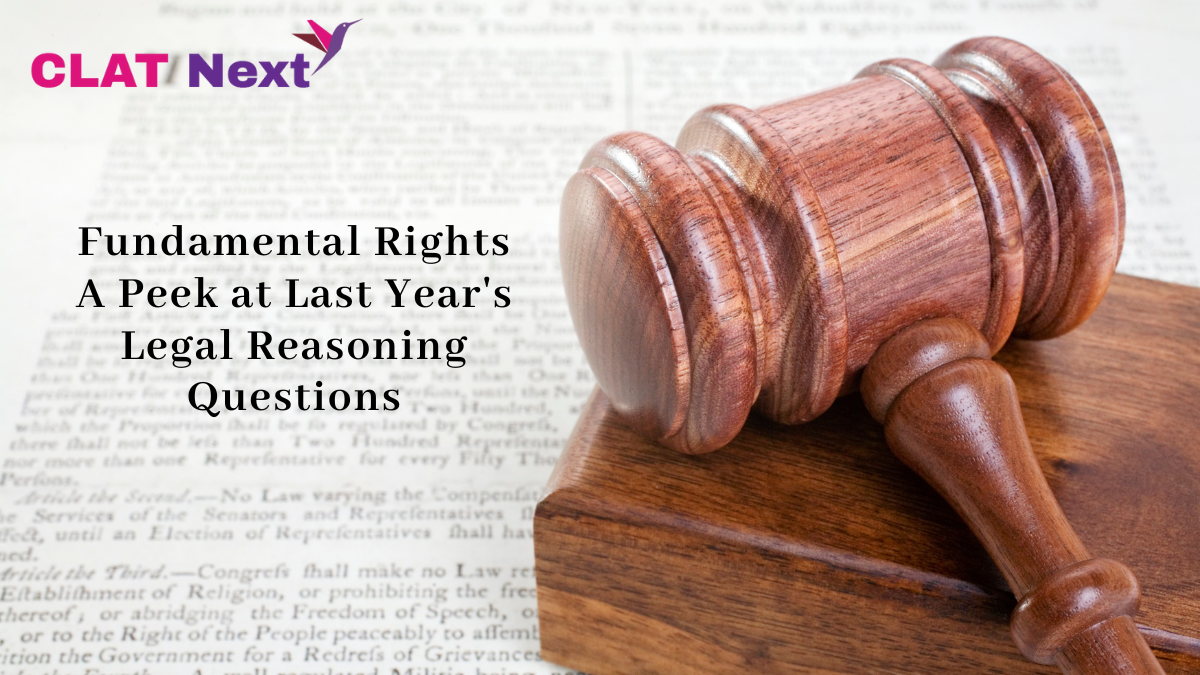Fundamental Rights: In India, our Constitution promises certain essential freedoms to all citizens, known as fundamental rights. However, it’s important to note that these rights aren’t absolute – they can be regulated to some extent by laws enacted by the Parliament or State Legislatures. The Constitution provides the grounds and reasons for which the government can impose ‘reasonable restrictions’ on these rights. Essentially, this means that while we have these important rights, there are certain limits to ensure the well-being of the general public or the protection of specific communities, like Scheduled Tribes.
It’s like having the freedom to move around the country or settle anywhere, but with some reasonable rules to ensure everyone’s overall welfare. When the courts evaluate these restrictions, they focus on whether they exceed the necessary limits set by the Constitution, not questioning the need for the restriction itself. So, it’s about finding the right balance between individual rights and the greater good.
Previous Year Questions on Fundamental Rights
Question: Is it true that the Indian Parliament passed a law requiring all two-wheeler riders in India to wear a helmet, with a fine imposed for non-compliance? Mr. X, an Indian citizen, was fined for not wearing a helmet and is now questioning the constitutionality of this provision. Which statement accurately reflects the situation?
(A) The rule goes against the principles of the Constitution of India as it limits the freedom to move freely within the country.
(B) The rule is in line with the Constitution of India as it places a reasonable restriction on the freedom to move freely within the country.
(C) Mr. X’s basic right to move freely within the country is being violated.
(D) Both (A) and (C)
Question: A group of Indian students of XYZ University located in New Delhi, India posted on social networking sites that they would hold a demonstration outside the university campus, protesting against a recently passed law which made it compulsory for university students to wear uniforms while attending classes. The students further threatened to “use whatever means necessary” to “stop the oppression of students”. Therefore, the State Authorities placed barricades around the university campus in order to restrict movement of the students carrying out the demonstration and ensuring that the demonstration does not turn violent. In the given situation, which of the following statements is correct regarding the act of placing of barricades by State Authorities?
(A) This law goes against the principles of the Indian Constitution as it limits the freedom to travel freely within the country.
(B) The law doesn’t violate the Indian Constitution because it imposes a reasonable restriction for the greater good of the public.
(C) The law is in violation of the Constitution as it restricts people’s movement for the sake of students’ interests.
(D) The law is not in violation of the Constitution as it places a reasonable restriction in the name of morality.
Question: Mr. A, a citizen of India, got hit with an externment order by the big shots in his State. This order basically kicked him out of the State and told him not to come back from a certain date. Now, the order was legit, backed by the law, and even got a thumbs up from the big shots at the Supreme Court of India. Why? Well, because they believed Mr. A was up to no good – dealing with illegal drugs and causing trouble with riots and threats. So, what’s the deal here? Which statement is true about this externment order?
(A) It makes sense to limit Mr. A’s basic right to move freely within India.
(B) Preventing Mr. A from residing and settling anywhere in India seems like an unfair restriction on his fundamental rights.
(C) Prohibiting Mr. A’s free movement throughout India goes against his basic rights.
(D) Restricting Mr. A’s freedom to move across the country seems like an unjust limitation on his fundamental rights.
Question: What’s the accurate statement regarding Mr. Z, an Indian citizen who obtained his passport on June 1, 2020, with plans to travel to Spain on July 15, 2021? On July 11, 2021, he received a letter from the Regional Passport Officer informing him that the government decided to seize his passport “in public interest,” and he was required to surrender it within seven days?
(A) Mr. Z has the right to contest the letter, arguing that it goes against his basic freedom to move around India as he pleases.
(B) Mr. Z has the option to challenge the letter, claiming that it infringes upon his fundamental right to live and settle in any part of India.
(C) Mr. Z can raise objections to the letter by pointing out that it violates the laws concerning passports in India.
(D) Unfortunately, Mr. Z may not be able to challenge the letter based on the violation of his fundamental rights to move freely throughout India or to reside and settle in any part of the country.
Question: Which of the following statements is incorrect?
(A) Everyone in India has the sacred right to move and live anywhere in the country, and this right is guaranteed to all citizens.
(B) Although the right to move and reside freely in any part of India is considered sacred, it is guaranteed with certain reasonable restrictions on these rights.
(C) The law may impose reasonable restrictions on the fundamental rights of individuals to move and reside in any part of India.
(D) If a citizen believes that a law imposing reasonable restrictions on fundamental rights is unconstitutional, they can challenge its validity before the legislature.
Answers:
1. B
2. B
3. A
4. D
5. D
Read Also: Family Law and Special Marriage Act Through Past Year Questions




